/eaf499f0-a53a-4f06-8371-e57b78ed65e0.png)
Create Successful Projects with our Logic Model Template
Review Rating Score
A logic model is a visual representation that outlines how a program or project is expected to work. It's a crucial tool for assessing the effectiveness and impact of your initiative. Creating a logic model can help you clarify your objectives, identify potential challenges, and communicate your strategy to stakeholders. At BizzLibrary.com, we offer a comprehensive Logic Model Template designed to guide you through the process of developing a clear and concise logic model that drives results.
What is a Logic Model?
A logic model is a planning tool used to describe how a program or project is expected to work in a logical and systematic way. It presents a concise visual framework of the problem, the resources, the activities, and the intended outcomes of a program or project. Logic models can be used to:
- Demonstrate how your program or project works
- Provide a visual representation of your program theory
- Identify potential challenges and opportunities for improvement
- Communicate with stakeholders, including funders, partners, and program staff
- Evaluate the effectiveness of your program or project
Why Do You Need a Logic Model?
Using a logic model helps you articulate the underlying logic of your program or project. It provides a clear and concise framework for answering key questions about your program, such as:
- What are the inputs (resources) needed to implement the program?
- What activities are required to accomplish the program's objectives?
- What are the short-term and long-term outcomes of the program?
- What are the assumptions, risks, and potential challenges of the program?
- What are the intended beneficiaries of the program?
How to Use Our Logic Model Template?
Our Logic Model Template is a user-friendly, customizable template that you can use to create your own logic model. Simply download the template in DOCX format and follow these steps:
- Enter the name of your program or project at the top of the template.
- Identify the inputs (resources) required for the program or project, such as staff, funding, equipment, and facilities.
- Outline the activities required to achieve the objectives of the program or project.
- Define the outputs (or short-term outcomes) of the program or project, such as the number of participants, activities completed, or products delivered.
- Outline the outcomes (or long-term impacts) of the program or project, such as changes in behavior, knowledge, or conditions.
- Identify the assumptions, risks, and challenges associated with the program or project.
Don't waste time creating a logic model from scratch. Download our Logic Model Template today and simplify the process. Visit BizzLibrary.com for a wide range of business document templates available for download in DOCX format. Download and customize our Logic Model Template for free now!
Is the template content above helpful?
Thanks for letting us know!
Reviews
Rosalinda Carr(7/8/2023) - USA
Exacly the file that I needed
Author. Content was provided by:
Elizabeth Davis
Elizabeth is from the sunny desert city of Phoenix, Arizona. She is thrilled to connect with professionals and like-minded individuals who share a passion for social technologies, content creation, and the exciting possibilities that AI brings to the world of social media. Her hobbies are hiking, climbing, and horse riding. Elizabeth has a master's degree in Social Technologies that she received at the ASU (Arizona State University). As a freelancer, she mostly contributes content related to IT. This includes articles on templates and forms provided by our community.
Follow Elizabeth
Last modified
Our Latest Blog
- A Guide to Make a Business Plan That Really Works
- The Importance of Vehicle Inspections in Rent-to-Own Car Agreements
- Setting Up Your E-mail Marketing for Your Business: The Blueprint to Skyrocketing Engagement and Sales
- The Power of Document Templates: Enhancing Efficiency and Streamlining Workflows
Template Tags
Need help?
We are standing by to assist you. Please keep in mind we are not licensed attorneys and cannot address any legal related questions.
-
Chat
Online - Email
Send a message
You May Also Like
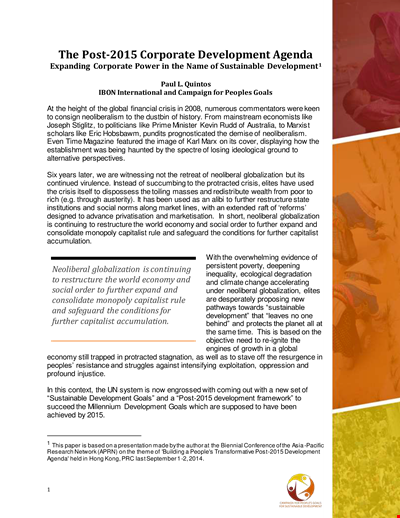
Corporate Development Agenda Template - Streamline and Enhance Development Initiatives Globally
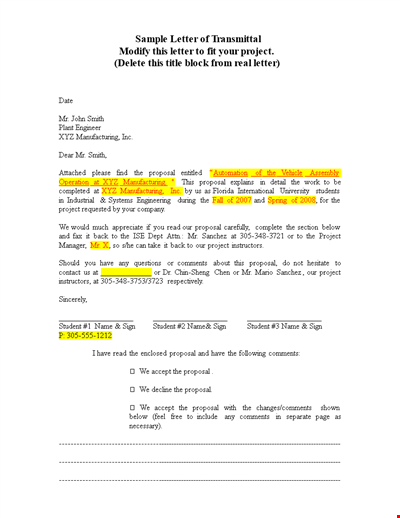
Letter Of Transmittal Template - Create a Professional Project Transmittal Letter
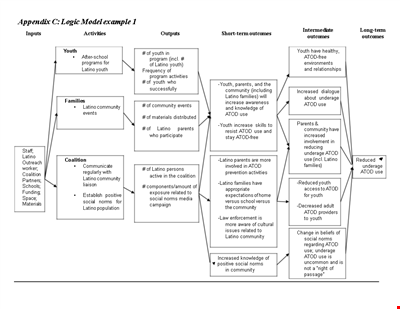
Logic Model Template for Community Youth Latino

Sales Proposal Template: Create Winning Presentations for Clients
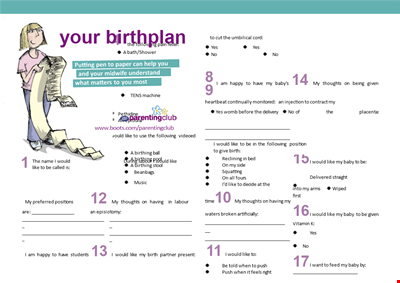
Creating a Personal Birth Plan Template for a Happy and Following Birth with Your Partner
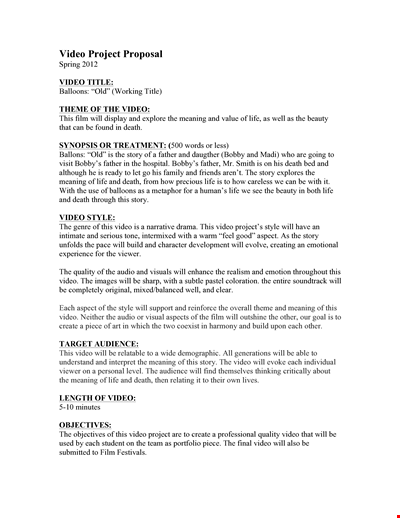
Meeting Proposal Templates - Video-Focused | JordannaRajaProposal.com
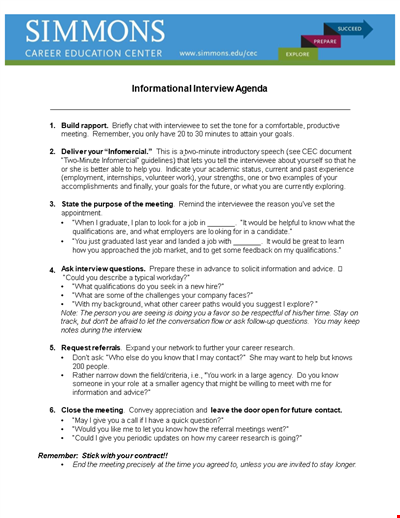
Creating an Effective Informational Interview Agenda for a Successful Career Meeting

Client Website Design Proposal Agreement - Professional Website Design Services

Sample Proposal Collection: Explore Project Options for Inspiration
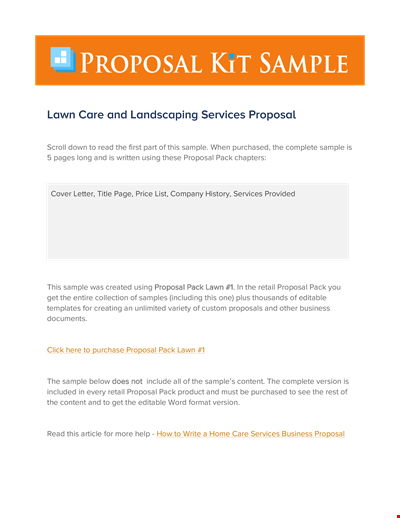
Lawn Care Services Proposal for Landscaping

Project Business Proposal Template | Word | Streamline Your Project Business
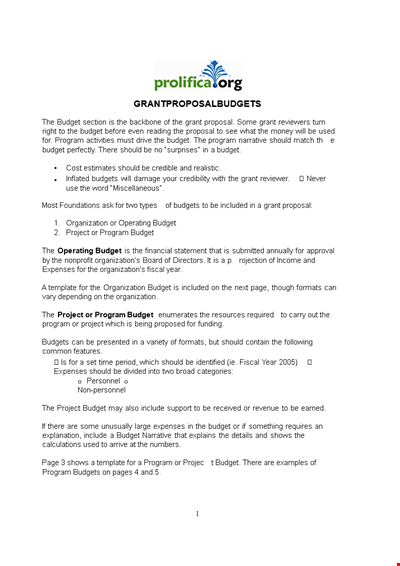
Nonprofit Program Budget Template | Project Budget for Organization

Simple Marketing Strategy Template for Effective Planning and Execution

College Website Design Proposal - Creative and Functional Website Solutions
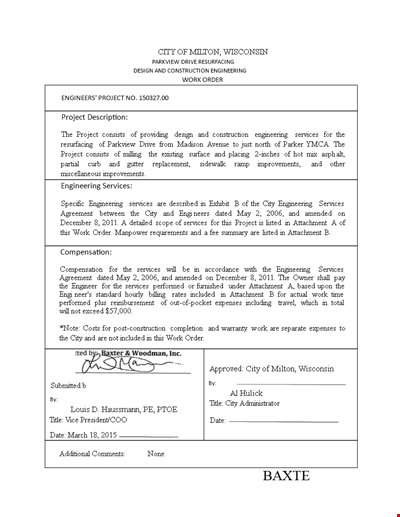
Construction Engineering Work Order Template | Easy Project Management
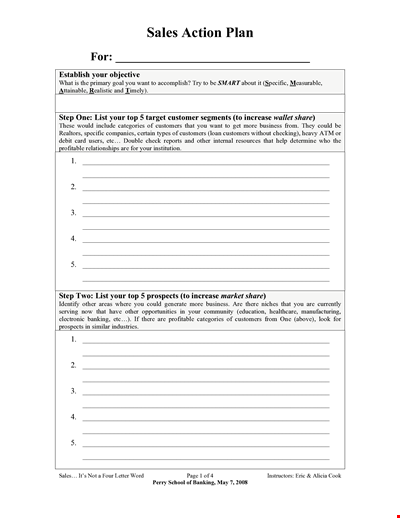
Free Sales Action Plan Example PDF Template for Download